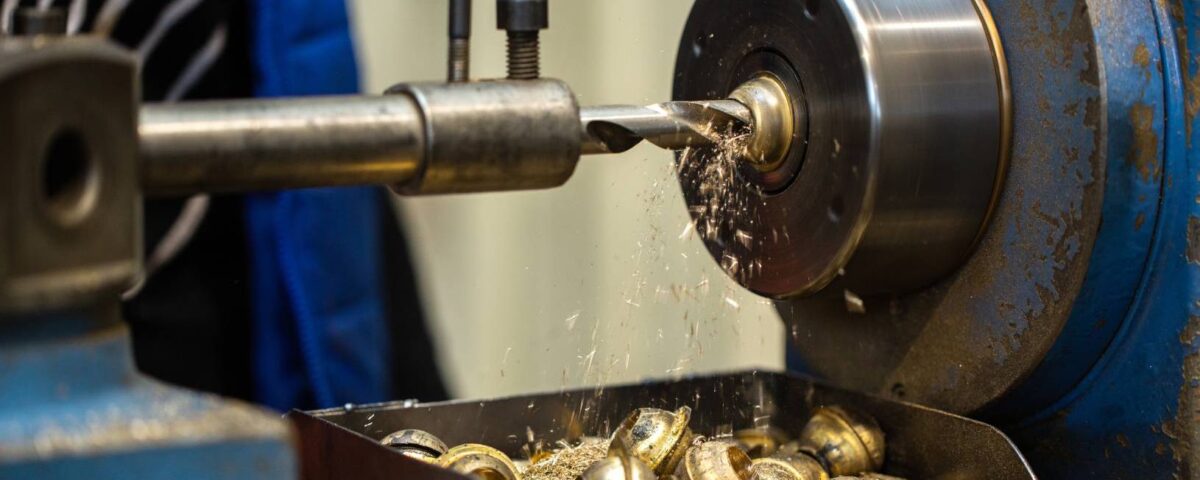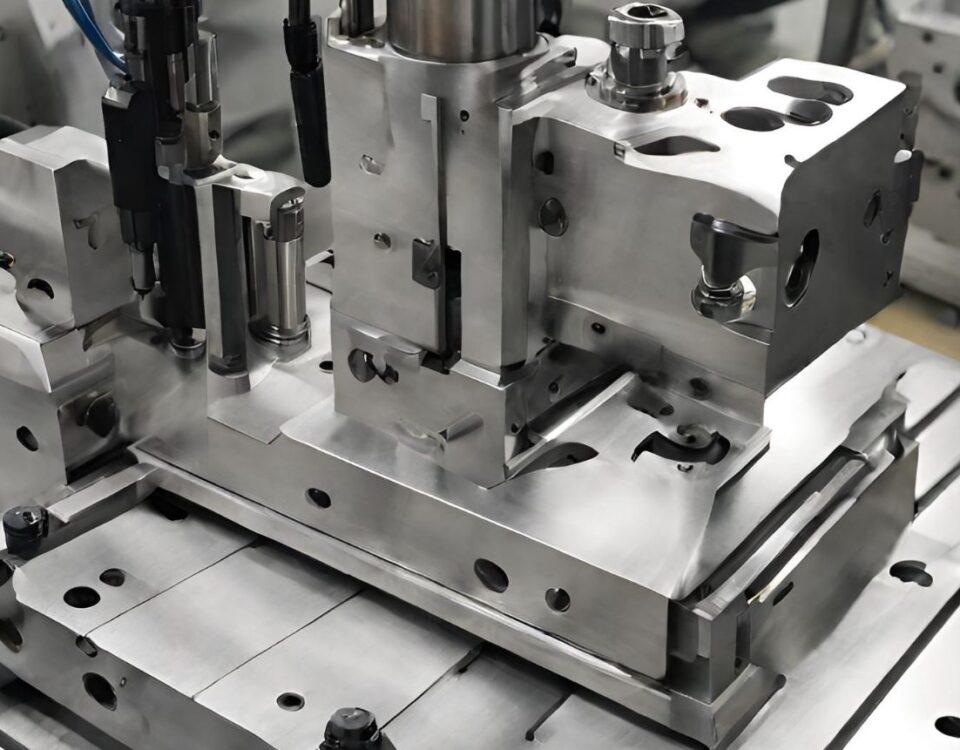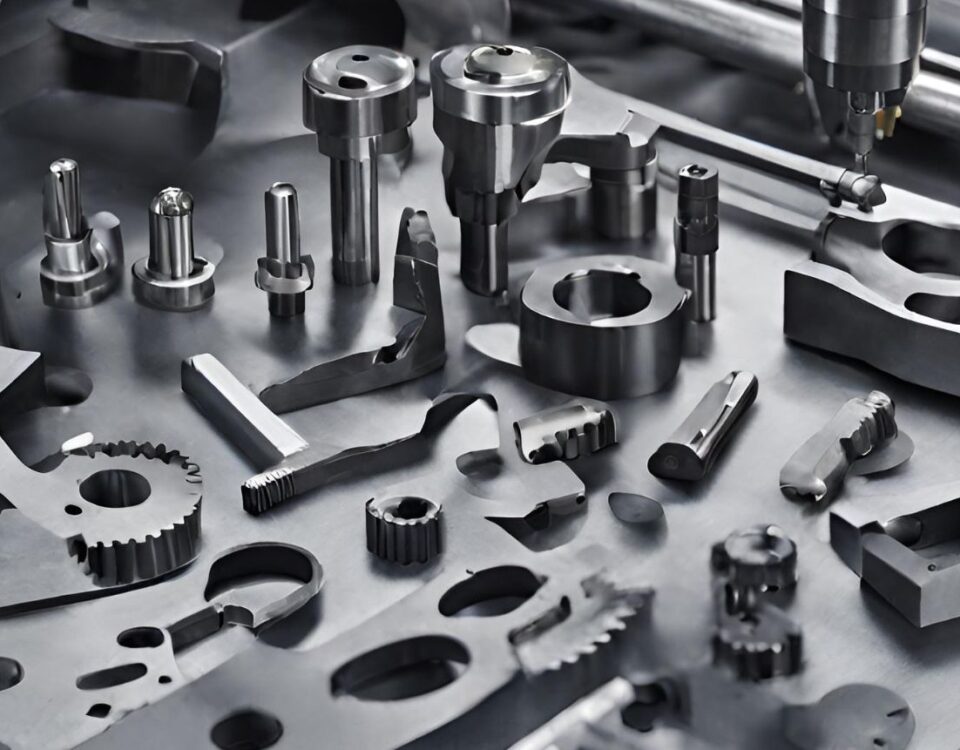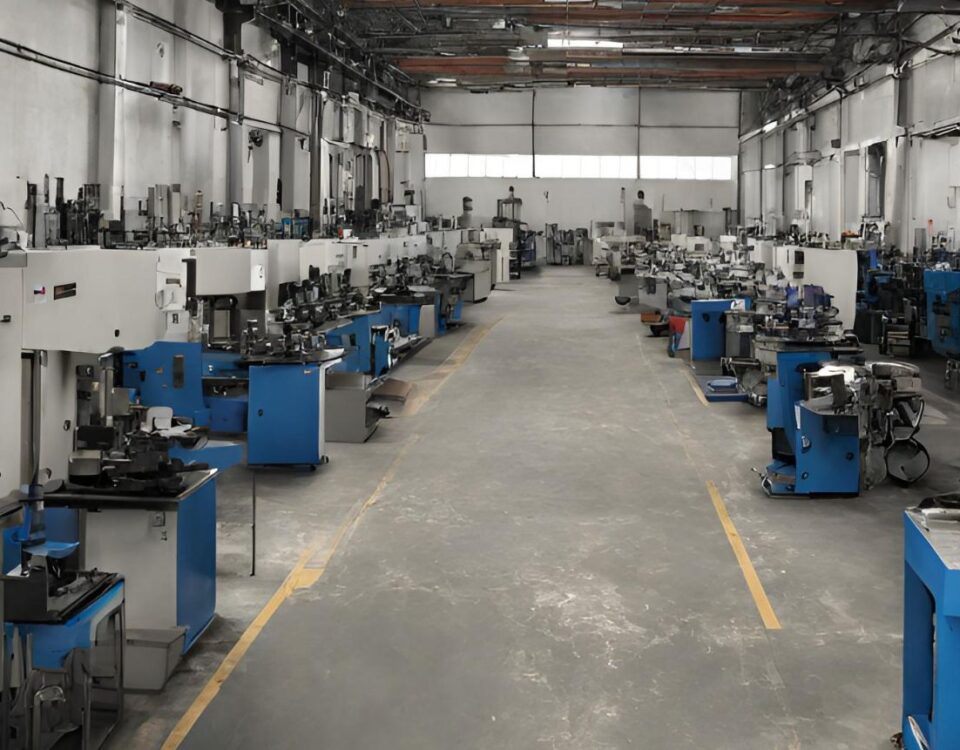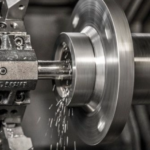
Types of Precision Machining Equipment
30 January 2024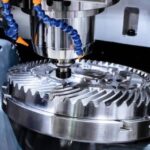
Precision Metal Parts Machining: A Comprehensive Overview
1 February 2024Introduction
In the ever-evolving landscape of manufacturing and engineering, precision and customization have become the keystones of success. The demand for tailored solutions has led to the rise of customized machining parts, playing a pivotal role in revolutionizing industries across the globe. This article delves into the intricacies of customized machining parts, exploring their significance, applications, and the transformative impact they have on various sectors.
Understanding Customized Machining Parts
Customized machining parts refer to components created through precision machining processes that are tailored to meet specific design requirements. Unlike off-the-shelf components, these parts are meticulously crafted to fit unique specifications, ensuring a perfect fit and optimal performance in various applications. Customized machining parts are produced using advanced machining technologies, such as Computer Numerical Control (CNC) machining, turning, milling, and additive manufacturing.
Significance of Customization in Manufacturing
The conventional, one-size-fits-all approach in manufacturing is increasingly being replaced by the need for customization. Industries are seeking specialized components that address their specific challenges, enhance efficiency, and provide a competitive edge. Customized machining parts play a vital role in this shift, offering a myriad of benefits to manufacturers and end-users alike.
-
Precision and Accuracy: Customized machining parts are synonymous with precision. The advanced technologies employed in their production ensure tight tolerances and high accuracy, meeting the exact specifications outlined in the design. This precision is particularly crucial in industries where even the slightest deviation can lead to operational inefficiencies or product failure.
-
Enhanced Performance: Tailoring machining parts to specific requirements allows for the optimization of performance. Whether it's in terms of strength, durability, or functionality, customization enables the creation of components that outperform their generic counterparts. This enhanced performance is particularly valuable in critical applications across aerospace, automotive, medical, and other precision industries.
-
Cost Efficiency: Contrary to common perception, customized machining parts can contribute to cost efficiency in the long run. While the initial setup and tooling costs may be higher compared to mass-produced components, the elimination of unnecessary features and the precision fit of the parts can result in reduced material waste and enhanced operational efficiency. Additionally, customized parts can lead to improved overall system performance, reducing maintenance costs and downtime.
Applications Across Industries
The versatility of customized machining parts makes them applicable across a wide range of industries. From aerospace and automotive to healthcare and energy, these components are integral to the success and advancement of various sectors.
-
Aerospace Industry: In the aerospace sector, where safety and precision are paramount, customized machining parts play a pivotal role. Components such as turbine blades, engine components, and structural elements require precision machining to meet stringent industry standards. Customization ensures that these parts can withstand extreme conditions while contributing to the overall efficiency and safety of aircraft.
-
Automotive Sector: The automotive industry is undergoing a significant transformation, with a focus on electric vehicles, lightweight materials, and advanced safety features. Customized machining parts are essential in the production of critical components like engine parts, transmission components, and braking systems. The precision and customization offered by machining processes contribute to the reliability and performance of modern vehicles.
-
Medical Field: Customized machining parts find extensive applications in the medical field, where precision is non-negotiable. From surgical instruments to implants, manufacturers rely on machining processes to create components that meet the unique requirements of medical devices. Customization ensures a perfect fit, compatibility with the human body, and the ability to withstand sterilization processes.
-
Energy Sector: In the energy sector, particularly in the production of renewable energy components, customized machining parts are indispensable. Wind turbine components, solar panel brackets, and components for nuclear power plants require precision machining to ensure optimal performance and longevity. Customization allows for the adaptation of parts to different environmental conditions and energy production needs.
Transformative Impact on Modern Manufacturing
The advent of customized machining parts has ushered in a new era of possibilities in modern manufacturing. The ability to tailor components to specific needs has a transformative impact on several aspects of the manufacturing process.
-
Rapid Prototyping and Iterative Design: Customized machining parts facilitate rapid prototyping and iterative design processes. Manufacturers can quickly produce prototypes of components, test them in real-world conditions, and make necessary design modifications. This agility in design accelerates the product development cycle, allowing for faster time-to-market.
-
Reducing Lead Times: Traditional manufacturing processes often involve lengthy lead times due to tooling and setup requirements. Customized machining, particularly with CNC technology, allows for quicker turnaround times. The elimination of tool changes and the ability to program CNC machines for different parts on the fly contribute to reduced lead times, benefiting manufacturers and end-users alike.
-
Just-In-Time Manufacturing: Customized machining supports the principles of just-in-time manufacturing, where components are produced as needed, minimizing inventory costs and waste. This approach enhances overall operational efficiency, reduces storage requirements, and allows manufacturers to respond swiftly to changing market demands.
-
Sustainability and Resource Efficiency: The precision associated with customized machining parts translates into resource efficiency. By producing components with minimal material waste and optimizing designs for functionality, manufacturers contribute to sustainability efforts. This resource-conscious approach aligns with the growing emphasis on environmentally friendly and responsible manufacturing practices.
Challenges and Future Trends
While customized machining parts offer numerous advantages, certain challenges and emerging trends shape the landscape of precision machining.
-
Complexity and Skill Requirements: The intricacies of customized machining processes demand skilled operators and engineers. As the complexity of designs increases, there is a growing need for a workforce with expertise in programming CNC machines, interpreting intricate design specifications, and troubleshooting potential issues.
-
Integration of Advanced Technologies: The integration of advanced technologies, such as artificial intelligence (AI) and machine learning, is becoming increasingly prevalent in the field of customized machining. These technologies can optimize machining processes, improve predictive maintenance, and enhance overall efficiency. Adapting to and implementing these technologies will be crucial for manufacturers to stay competitive.
-
Sustainability Initiatives: With a growing emphasis on sustainability, manufacturers are exploring ways to reduce the environmental impact of machining processes. This includes the development of eco-friendly cutting fluids, energy-efficient machining practices, and the utilization of recycled materials. The integration of sustainable practices aligns with global efforts to create a more environmentally conscious manufacturing industry.
-
Additive Manufacturing and Hybrid Approaches: The rise of additive manufacturing, commonly known as 3D printing, is influencing the landscape of customized machining. Hybrid approaches that combine traditional machining with additive manufacturing techniques offer unique possibilities. This convergence allows for the creation of complex geometries and the production of components with enhanced material properties.
Conclusion
Customized machining parts have become indispensable in modern manufacturing, offering precision, versatility, and efficiency across various industries. The ability to tailor components to specific requirements has a transformative impact on product development, performance optimization, and resource efficiency. As industries continue to evolve, the integration of advanced technologies, sustainability initiatives, and innovative manufacturing approaches will shape the future of customized machining, propelling industries towards new heights of precision and customization.

